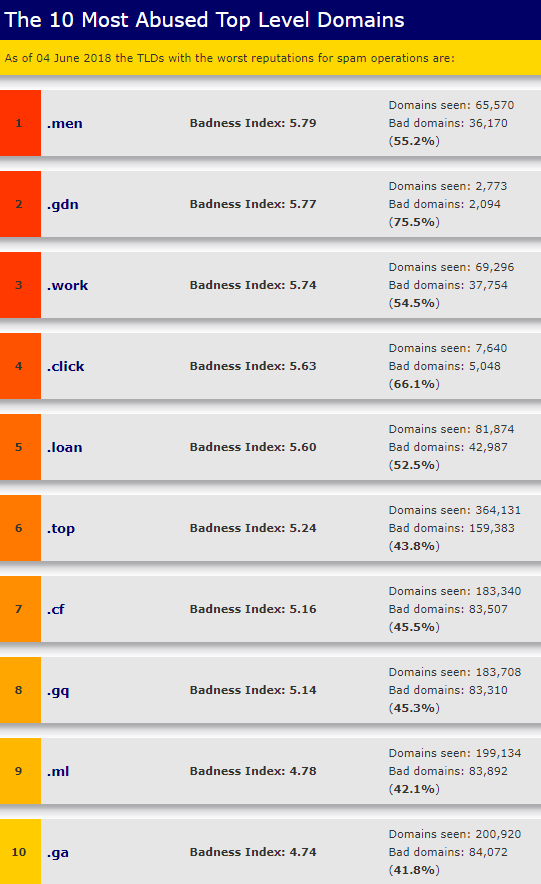In this investigative news, Brian Krebs talks about how the major phone companies are selling our location data to third party companies without our consent or a court order. Our phones are giving away our location information all day and providing it to the phone companies so that they can provide us with a better call quality and to route any emergency 911 calls straight to our location. The problem arises when anyone outside of the phone companies and law enforcement agencies with a valid court order can access this data, it is always going to be at extremely high risk of being hacked, stolen and misused.
AT&T, Sprint, T-Mobile and Verizon have been providing Securus and LocationSmart with the ability to perform real-time location lookups on their customers with T-Mobile being the only one accepting the allegations. The other three carriers declined to confirm or deny that they did business with either company.
The data broker named Securus was selling local police forces around the country the ability to look up the precise location of any cell phone across all of the major U.S. mobile networks. Then it emerged that Securus had been hacked, its database of hundreds of law enforcement officer usernames and passwords plundered. We also found out that Securus’ data was ultimately obtained from a California-based location tracking firm LocationSmart.
The point is, for many of us location privacy is priceless because, without it, almost everything else we’re doing to safeguard our privacy goes out the window.And this sad reality will persist until the mobile providers state unequivocally that they will no longer sell or share customer location data without having received and validated some kind of legal obligation — such as a court-ordered subpoena.

